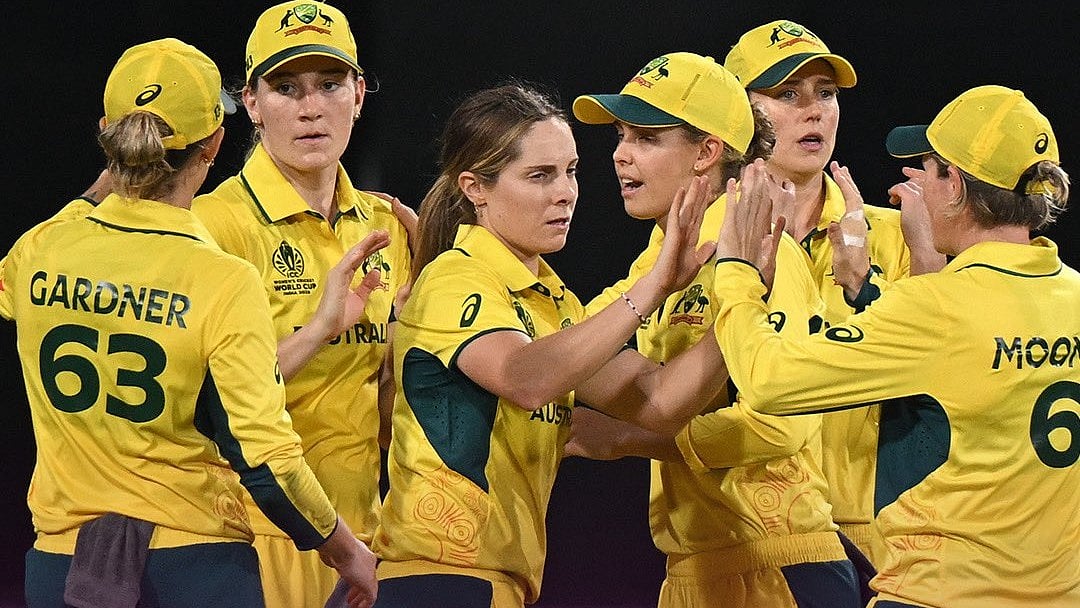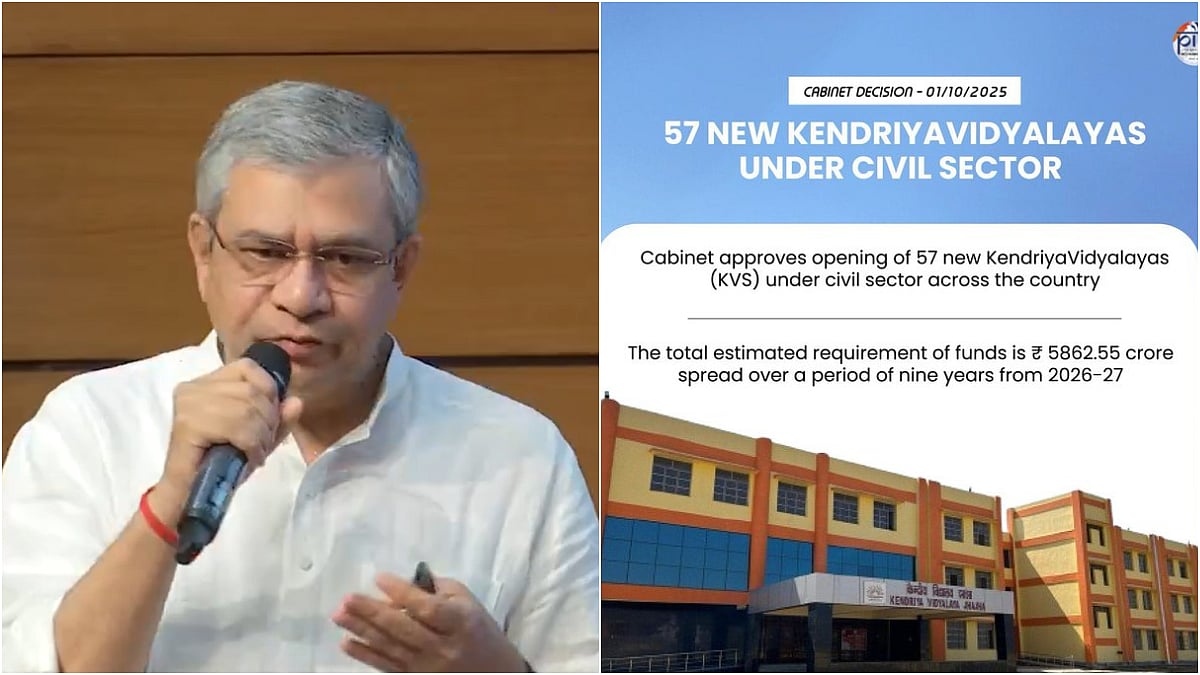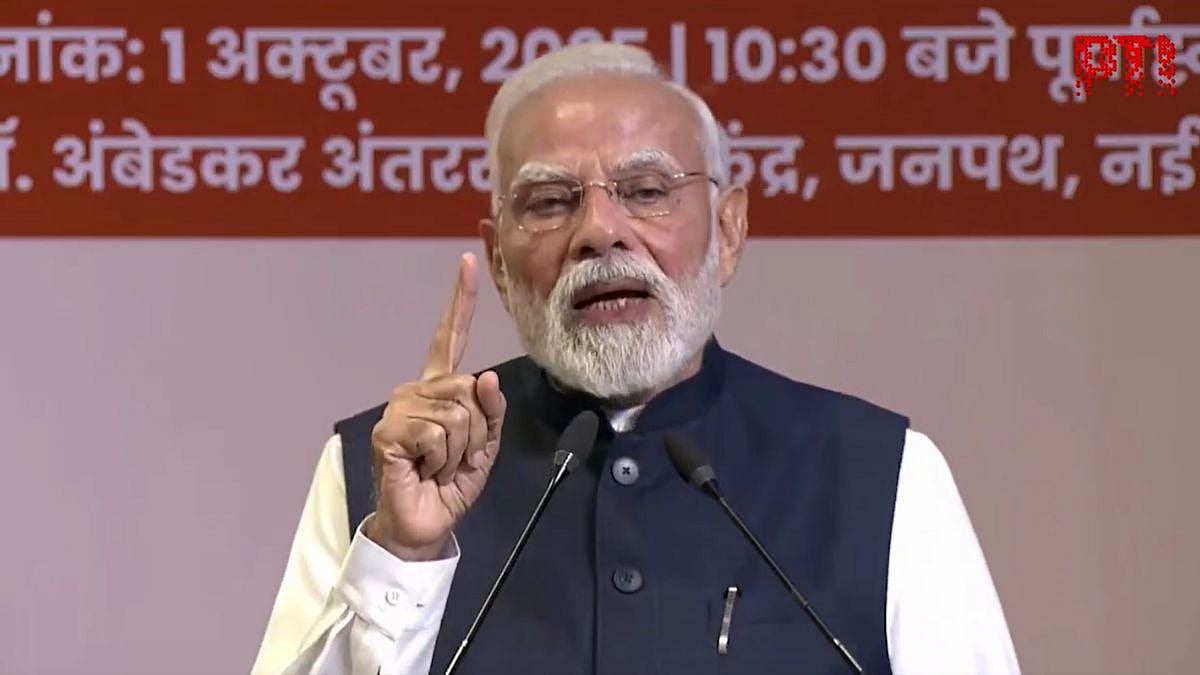The history of Indo-Pak relations is one of prolonged periods of tension and confrontation, interspersed with short bursts of thaw and optimism over normalisation between the two nuclear armed neighbours. Last week’s joint statement issued by the Director General of Military Operations of the two countries, mutually undertaking to honour all agreements, understandings and to cease fire surprised even seasoned observers of Pakistan.
Not a hint was available of such a significant détente being in the works behind the backs of even the so-called insiders in New Delhi and Islamabad. What further added to the puzzlement was that it came within days of India and China agreeing to scale down tensions on the eastern Ladakh border. Was it a package deal negotiated by India with the assistance of China, which now virtually treats Pakistan as a client state? Or was there more to it than we know?
Whatever went on behind-the-scenes to produce the welcome commitment of ceasefire at the Line of Control in Kashmir was not feasible without the express approval of the top political leadership in this country and of Army Chief General Qamar Javed Bajwa in Pakistan. Prime Minister Imran Khan may have been merely informed before the release of the joint statement in New Delhi and Islamabad.
In a way, the Pak army leading the negotiations is a positive development, respecting the reality of the power structure in that country. For far too long, the civilian rulers in Pakistan have sought to maintain the façade of wielding power over the country’s domestic and foreign affairs, only to be slighted and be put out to pasture by the Rawalpindi GHQ. Both Nawaz Sharif and to an extent, Benazir Bhutto, were relatively powerful prime ministers but both came to grief when they took small steps to unravel the Gordian knot over Kashmir, which has blighted the ties between the two countries virtually from their birth.
In short, it makes sense for the Pak army to be helming the negotiating process with India. The joint statement talked of addressing each other’s core issues. Which for Pakistan cannot be anything other than Kashmir and for India, the continuing export of jihadi terror from across the LoC. Such a formulation had figured in previous agreements as well but the difficulties arise as soon as the two sides begin to assert their by now familiar positions.
India would like nothing better than for Pakistan to switch off the faucet of terrorism through various jihadi-Islamic groups, which Pakistan euphemistically calls non-state actors. There can be not an iota of doubt that without Pakistan’s active instigation, terrorism in Kashmir would have died a long time ago. Even the local, home-brewed jihadis in Kashmir are funded, armed, trained and operationalised by the ISI. For suspending, if not outright eliminating terrorist operations, Pakistan would require India to make concessions in Kashmir.
Of course, there is no question of reversing the decision to read down Article 370 and Article 35A. To Pakistan’s utter horror, the world powers reconciled to the change in the status of the erstwhile state of J&K, such being its fast-diminishing influence in world capitals. Also, after the initial furore in Kashmir, most people in the Valley are reconciled to its altered status. General Bajwa cannot be unaware of the changed reality.
Therefore, given the continuing pressure on Pakistan in the Paris-based Financial Action Task Force for the not-so-clandestine funding of terrorist outfits and consequently the threat of denial of assistance from the World Bank/ IMF and other multilateral agencies could well have encouraged it to talk peace with India. Also, the Pak economy is in severe distress, and crucially dependent on China for bailouts to pay long-standing loans from the West Asian nations.
China, unlike other aid-givers, brazenly subdues the borrowers, insisting on taking chunks of sovereign assets in lieu of its billions. In fact, a vocal section of Pakistanis is openly warning of the increasing Chinese footprint in the domestic affairs of their country.
But whatever the immediate reason for the promise of ceasefire, India cannot be too optimistic. Unless General Bajwa is able and ready to resolve the Kashmir dispute by recognising the de facto border as de jure, something General Musharraf at one stage was ready to sign on, in the end nothing may come out of this latest thaw. Yet, for as long as the promise of cessation of hostilities holds on the LoC, it ought to be welcome. As they say, something is better than nothing, partial peace too.










